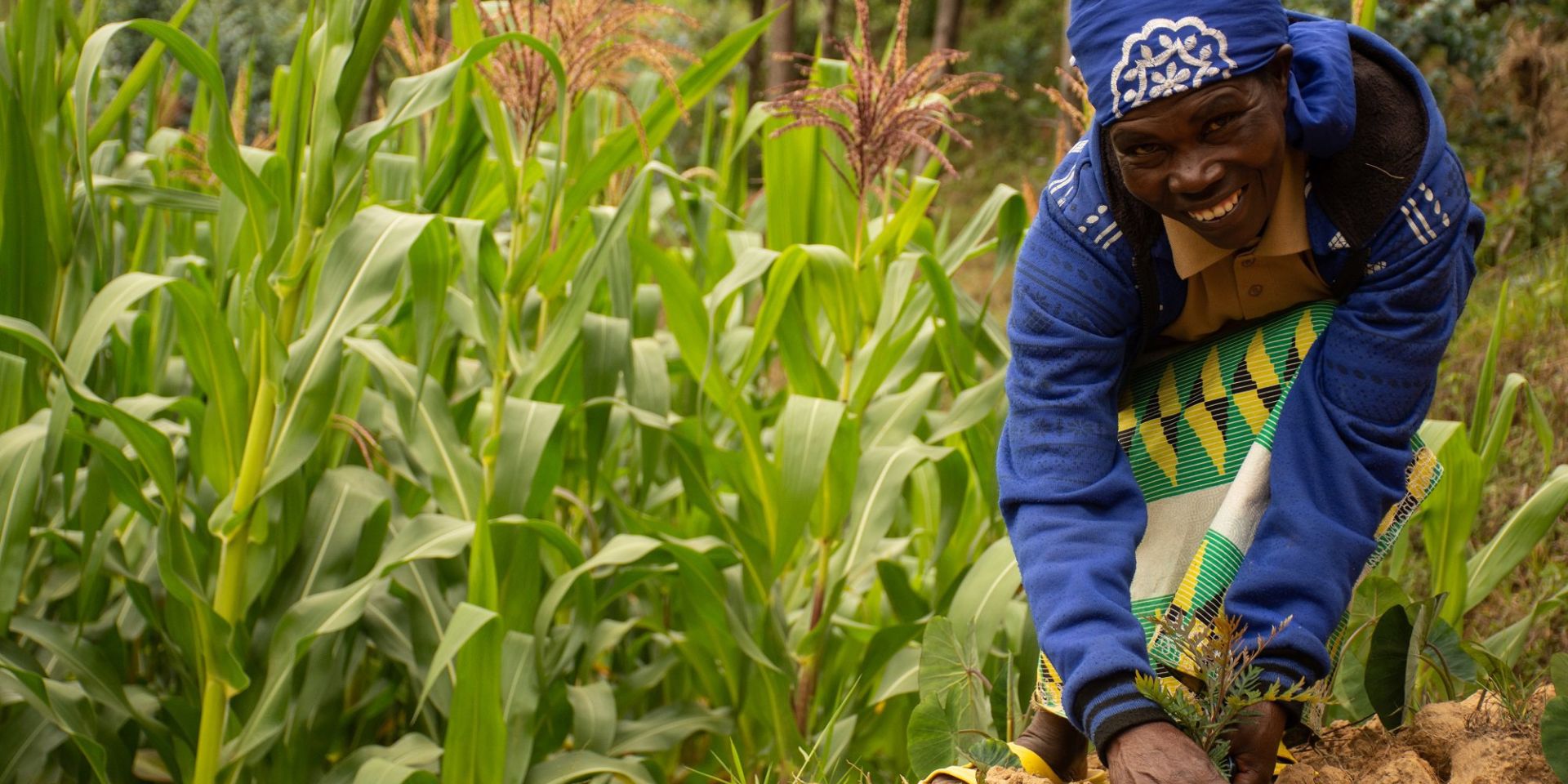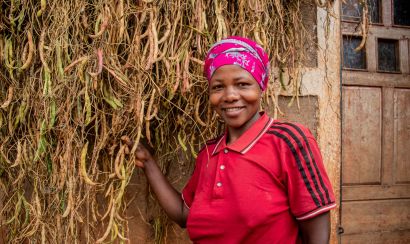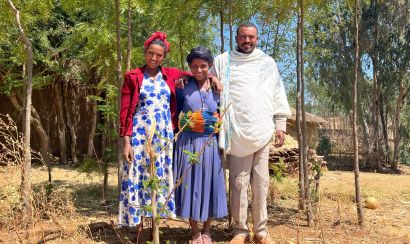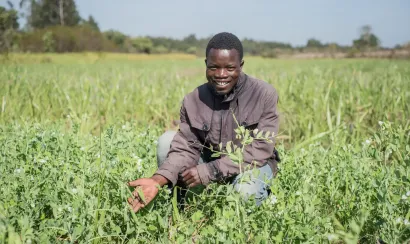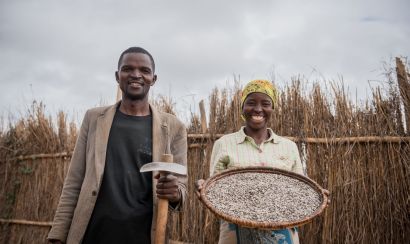Celebrating Women Farmers: the Backbone of Africa's Rural Agriculture
Women farmers tend to invest more in their homes and families, thereby fuelling the prosperity of their communities. In fact, the UN’s Food and Agriculture Organisation estimates that if women smallholders had the same access to productive resources as men, they could increase food production by 30% and reduce world hunger by 15%. We spoke to several farmers in our program to find out how they feel about their experience farming with One Acre Fund.
Claudine Manirankunda, Giheta - Burundi
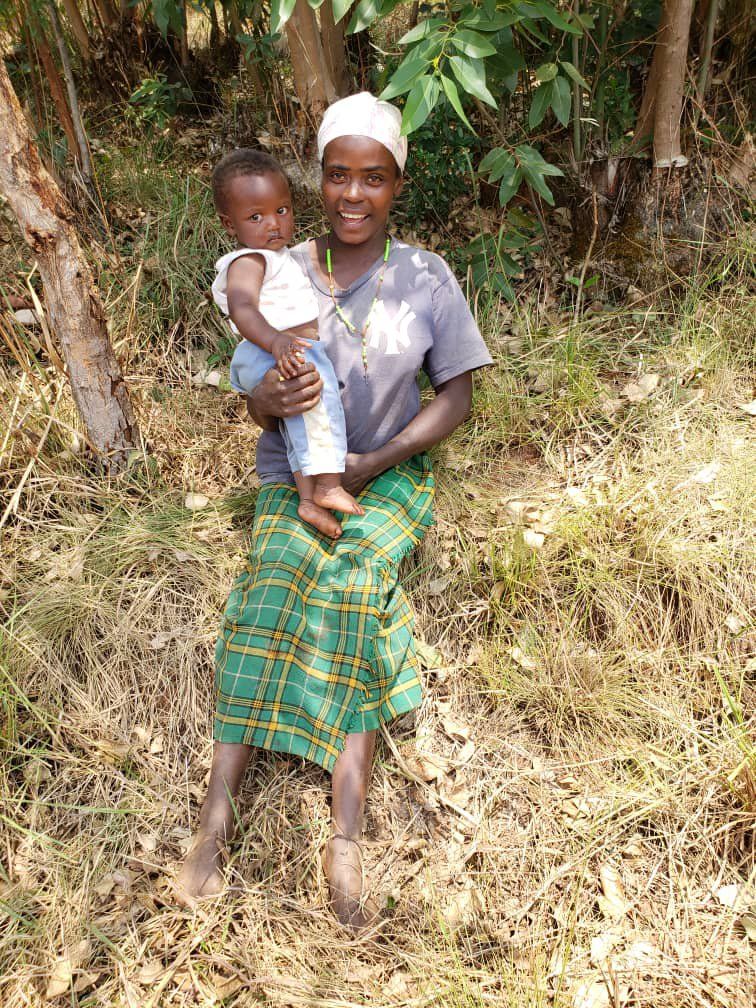
When 29-year-old Claudine joined One Acre Fund Burundi in 2015, she found it extremely taxing because she found the pre-planting process long and exhausting. But, as time went by, she saw how healthy her crops looked, which inspired her. “When it was time to harvest, I was astonished by the results. The same land that used to yield 50kg gave me 300kg of beans. I even harvested half a ton of maize during the last season. For the first time in my life, I was making a profit.”
Claudine increased her input orders in subsequent seasons. Today, she is at a point where she can repay her loans in less than two months. “When I got married, I didn’t know how to be a provider for my family. My husband works in the city, and I was supposed to care for his land with little agricultural knowledge. Since joining One Acre Fund, my anxiety has disappeared. Not only did One Acre Fund give me the knowledge I needed, but they also empowered me to become more self-assured about my place in the household. Today, my family lives very comfortably. I can also dream big and envision things like owning cattle and building a bigger home. My daughter just started school, and I know I will be able to give her the best education possible because of the life that One Acre Fund helped me build,” Claudine says.
Tulalumba (Tula) Luvinga, South Kilolo - Tanzania
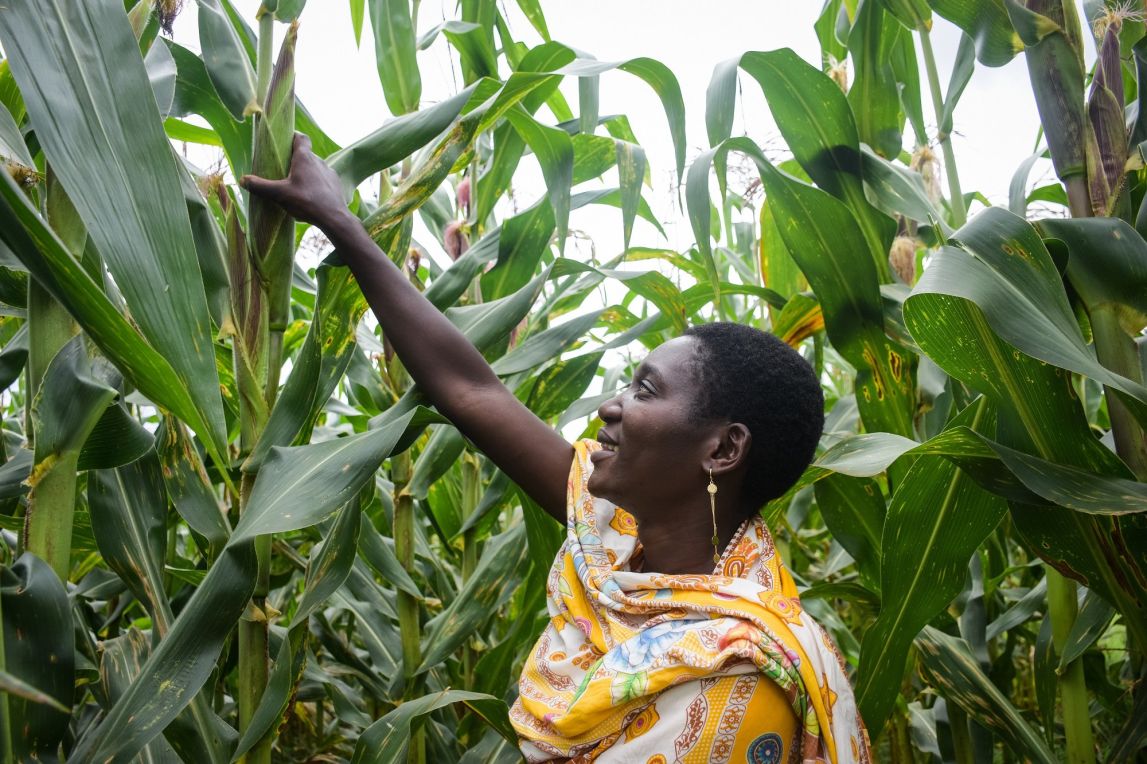
All her farming life, 35-year-old Tula has farmed on an acre of land. Before enrolling with One Acre Fund, Tula used to harvest three 90-kg bags of maize; since she enrolled in 2015, she consistently harvests between nine and 10 bags from the same piece of land due to applying fertilizer correctly, planting hybrid seed, and receiving planting training.
In 2017, Tula sold eight bags of her maize and bought salon equipment: a hand dryer, basins, hair extensions, and different shampoos; she also rented a room. “I have dreamt of owning a salon since I realized I am good at plaiting about ten years ago. At the end of the season in 2017, I just decided to go for it. Farming and the salon business have given me the means to provide for my daughter and educate her. I teach her to braid whenever I can; I want to teach her the importance of a supplementary income stream and that she shouldn’t solely depend on employment,” says Tula.
Emily Nekesa, Bungoma - Kenya
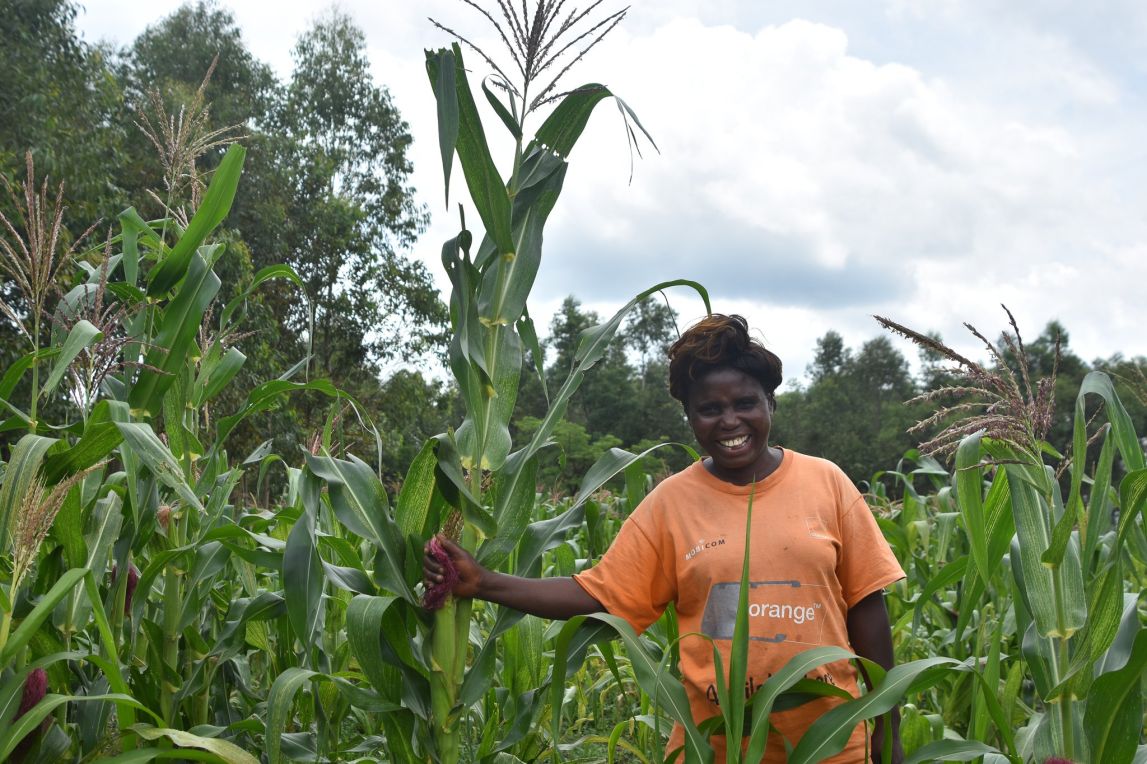
When Emily, 56, enrolled with One Acre Fund in 2013, it was for the promise that she’d get more than the four bags she usually harvested from her one-acre land. Because of her meager harvest, she often took on casual jobs to supplement the meager income she got from her farm. “It was so exhausting. Sometimes I would take on three jobs in a day to make enough for two days, so I could work on my farm and look after my children in between,” says Emily.
During her first season with One Acre Fund, she harvested 16 bags. “I was beyond myself. I could not believe that I had harvested that much. I remember dancing in my house. It was the best harvest I had ever received,” says Emily. After selling some, she was left with enough food for the rest of the year. Since she first joined, Emily switches between farming on a full acre or half, depending on how much credit she can afford in a particular season.
Agnes Muhimpundu, Rutsiro - Rwanda
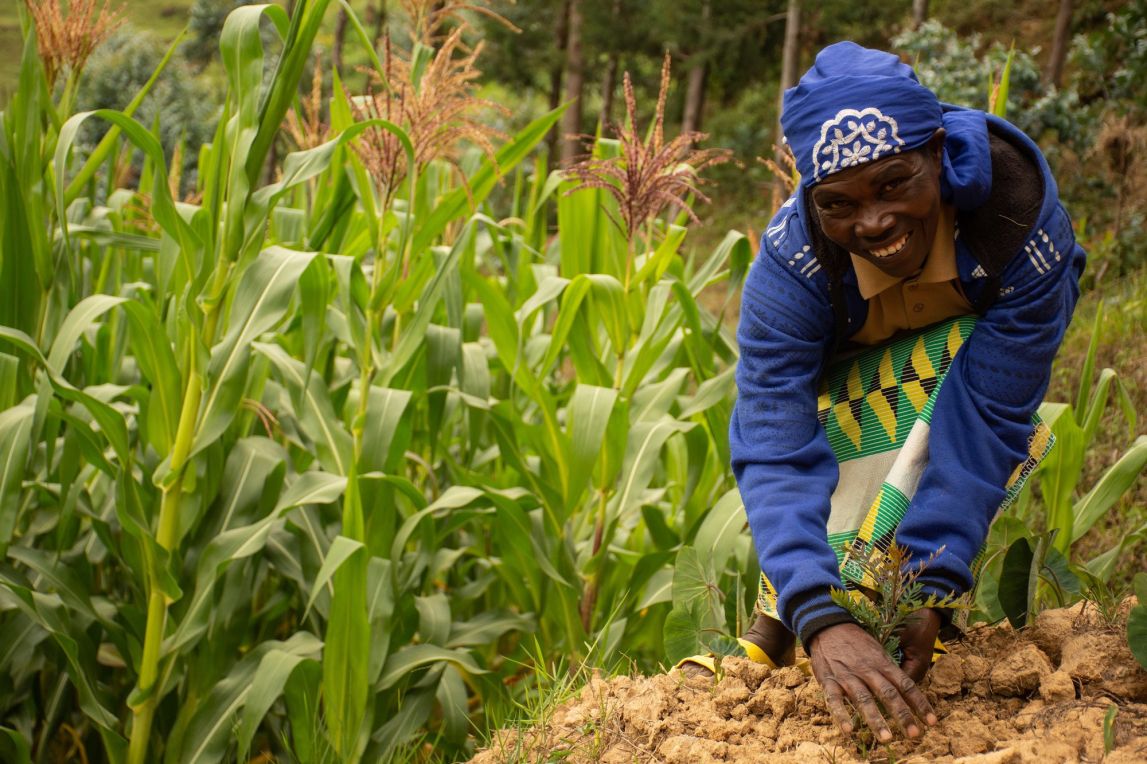
When she terraced her land in 2015, Agnes needed to find a way to keep the soil intact, so she planted trees on the edges of the terraces. “I want to prevent soil erosion, and planting trees is a sustainable solution,” Agnes says. She has planted more than 100 trees since. In 2020, she received 10 seedlings of a new tree variety called maesopsis and 10 grevillea seedlings.
“Maesopsis is new to me, but I’ve learned it is good for timber and firewood. I have also been told that it does not damage food crops. In my village, wooden objects are a common income source, so trees are both an environmental and financial investment. In the next five years, I can harvest the trees and sell them. I am getting on in life; I know I will need the money,” Agnes says.
Mwanaidi Mgabe, Iringa - Tanzania
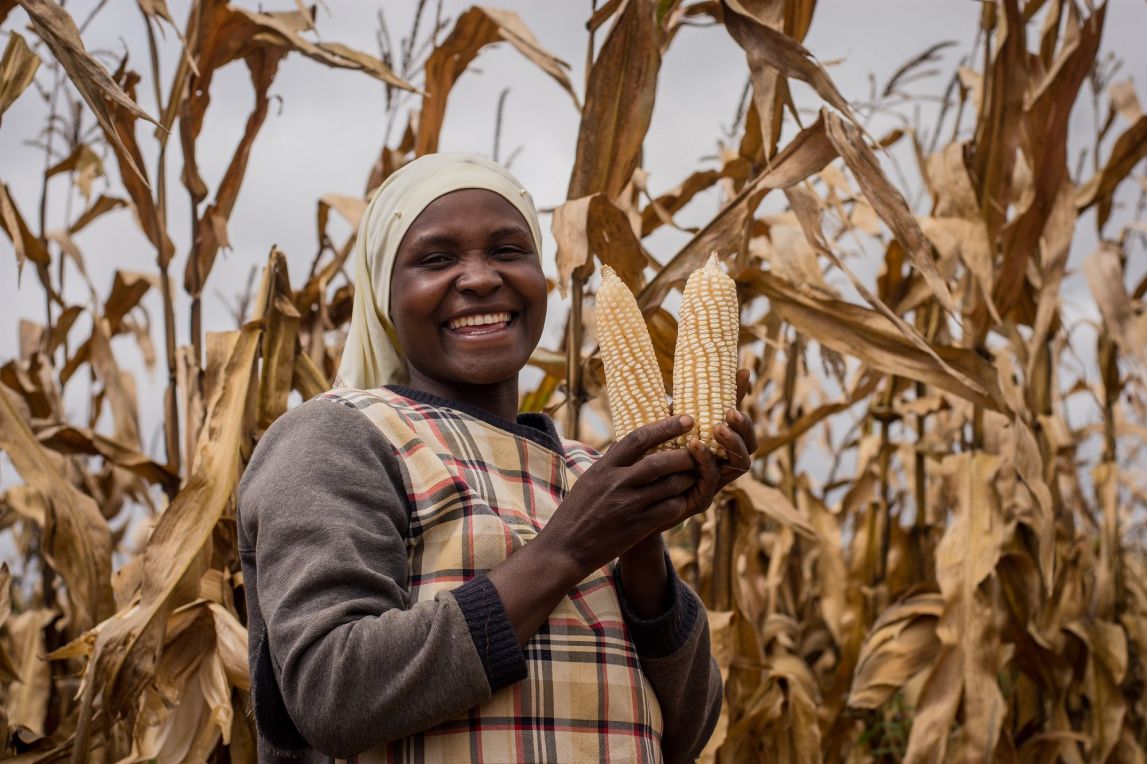
Thirty-three-year-old Mwanaidi is a smallholder farmer from Kitayawa Village in Iringa District. She enrolled with One Acre Fund in 2017, initially just to test the organization’s products. In the first season, Mwanidi harvested eight bags of maize from half an acre, which is the same number of bags she used to harvest on one-and-half acres before joining.
“I love how we are trained to harvest by cutting the maize stalks and arranging them in a pile; this way, I harvest all my maize without leaving any in the field," Mwanaidi says. From her surplus, Mwanaida has fixed a door for her new house and purchased iron sheets for her kitchen.
Women are central to agriculture, and a central part of our work. By opening up new opportunities for them, we are helping farming women develop new, sustainable incomes to build lasting livelihoods.
